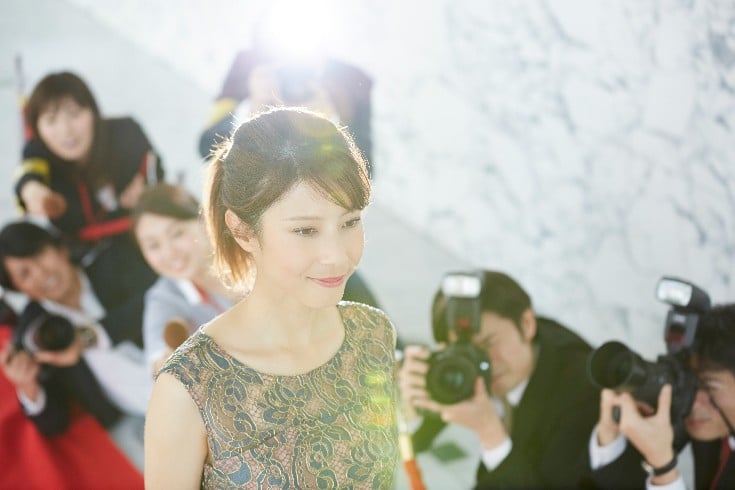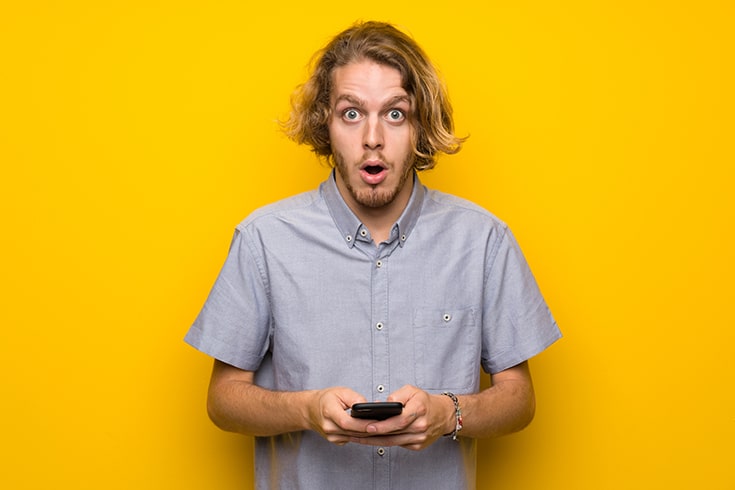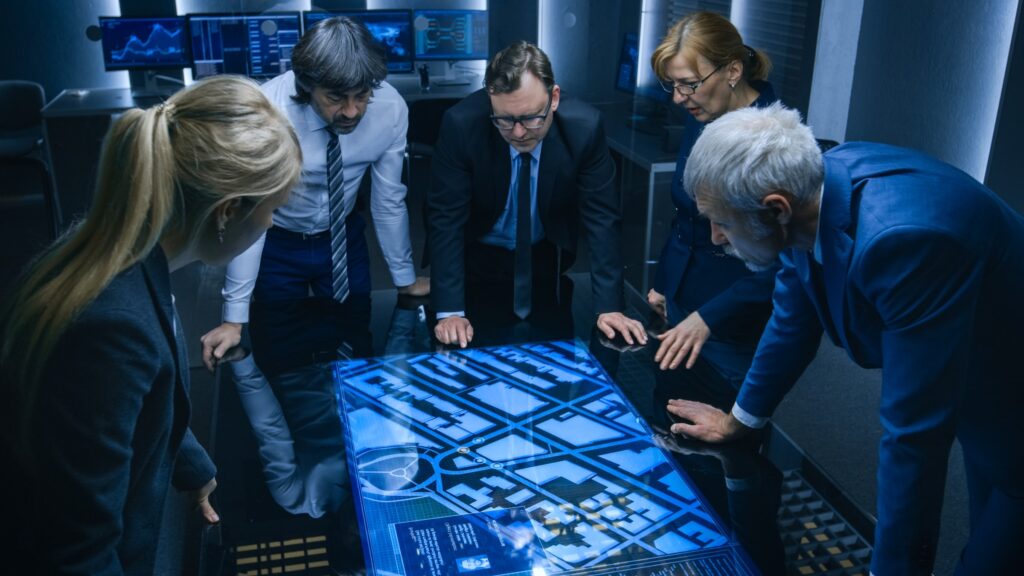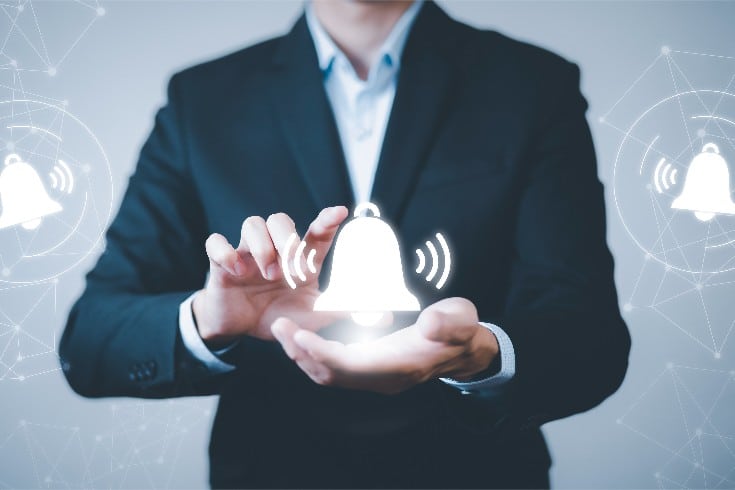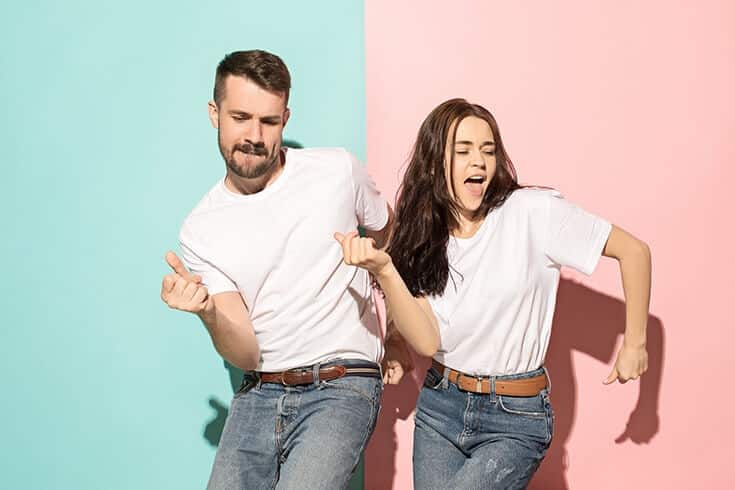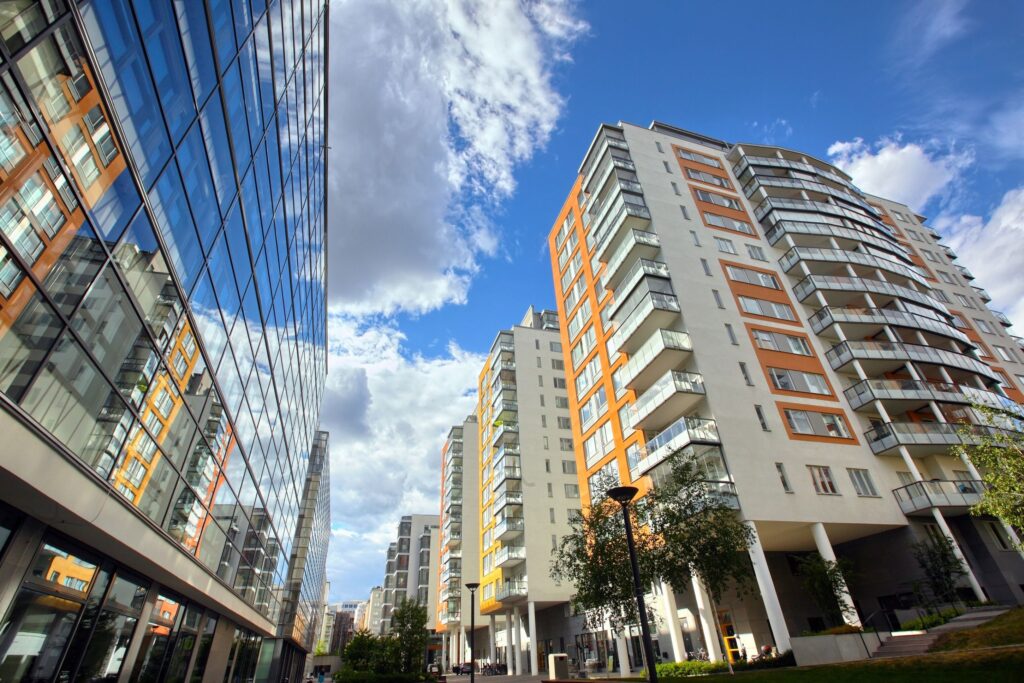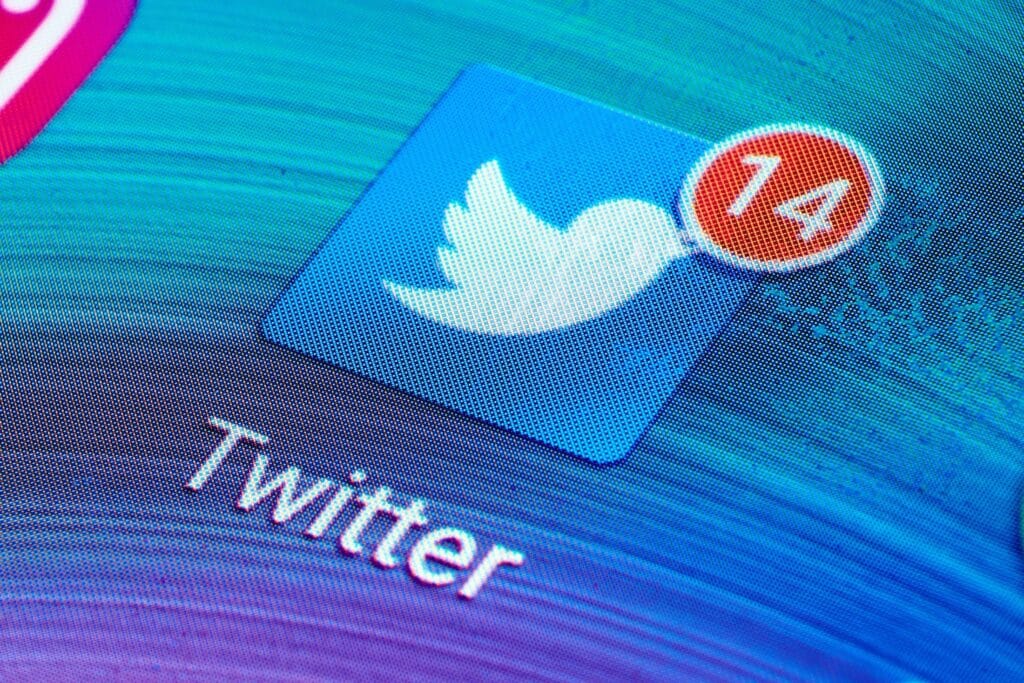Is Unauthorized Filming at Disneyland and Universal Studio Japan Prohibited? Explaining the Legal Issues
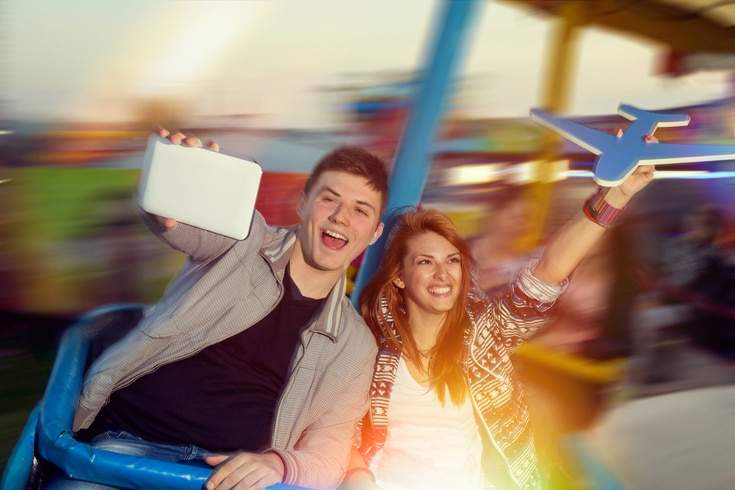
In recent years, there has been a noticeable increase in the number of people filming videos in theme parks and posting them on platforms such as YouTube and Twitter.
What are the legal implications of such filming activities and the act of posting these videos on the internet?
Even if there are no legal issues, there may be cases where filming activities are prohibited in the terms and conditions of theme parks and similar venues. For example, in September 2022, the addition of a prohibition on commercial activities to the “Request from Tokyo Disney Resort[ja]” became a topic of discussion. If you film without knowing the facility’s rules or terms and conditions, you may encounter unexpected problems.
In this article, we will introduce potential issues related to filming and posting videos in theme parks.
Potential Issues Arising from Video Recording and Social Media Posting at Disneyland and Universal Studios Japan (USJ)
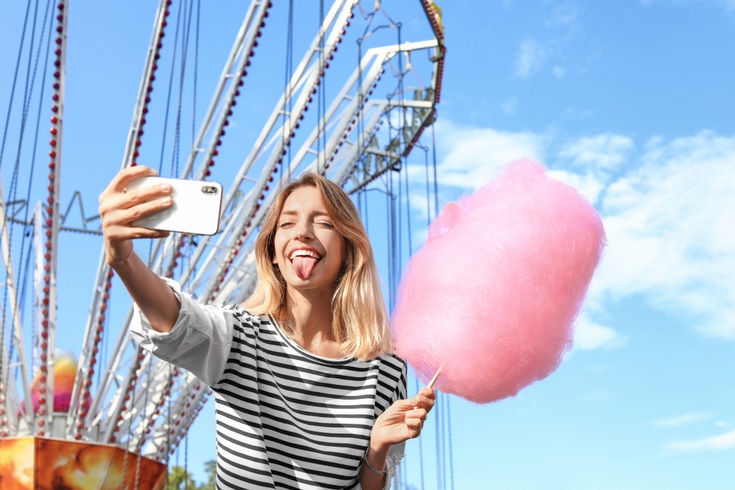
When recording videos inside theme parks like Disneyland, there are various subjects that could potentially be captured.
For example, other visitors, characters present within the theme park, music playing within the theme park, and buildings within the theme park could all be included.
Generally, if such recording activities are done purely for personal enjoyment, it is considered that there would not be any significant issues.
However, if the recording exceeds personal use, such as for commercial purposes, or if it is posted on the internet, there could be potential issues related to copyright.
Also, if the appearance or likeness of others is captured, care must be taken in relation to portrait rights.
Furthermore, each theme park has its own terms and conditions, and there could be potential issues related to these terms and conditions when recording videos or posting on social media.
In the following, we will explain what kind of issues can arise in relation to copyright, portrait rights, and terms and conditions when recording videos or posting on social media within a theme park.
Issues Regarding Video Recording and Social Media Posting in Theme Parks and Copyrights
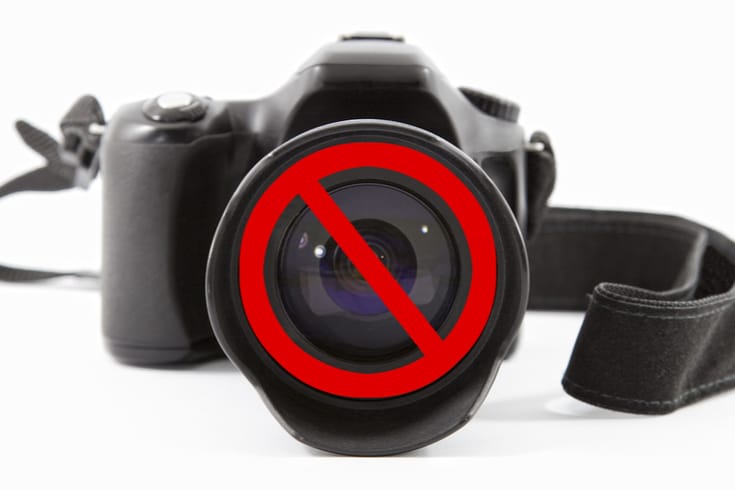
When recording shows or parades in theme parks and posting them on video sharing sites or social media, the relationship with copyright becomes an issue.
What is Copyright?
Copyright is a right to protect works. These works include a variety of types of works, such as novels, paintings, music, and architecture.
However, not all works are protected by copyright. To be recognized as a work, it must meet several requirements according to the definition under the Copyright Act.
Article 2: In this Act, the meanings of the terms listed in the following items shall be as defined in each item.
Japanese Copyright Act Article 2, Item 1
1. Work: Something that creatively expresses thoughts or feelings and belongs to the realm of literature, academia, art, or music.
From this definition, the following four requirements are required to be recognized as a work:
- Expresses thoughts or feelings
- Creatively (originality)
- Is an expression
- Belongs to the realm of literature, academia, art, or music
When recording shows or parades in theme parks, it is necessary to consider whether the choreography and music of the parade, characters like Mickey Mouse, and background buildings are recognized as works and whether they infringe on copyright.
Are Shows and Parades Recognized as Copyrighted?
Shows and parades are composed of parade dances and music.
First, whether the choreography of the dance can be considered a work of choreography is an issue.
Choreography involves human gestures, so it may not meet the “originality” requirement of a work if it remains a common expression method that anyone can think of.
However, if the content of the dance is creatively designed for viewing according to the atmosphere of the theme park and the characters of the performers, it will likely be recognized as a work of dance.
Also, whether the music used in shows and parades can be considered a work of music is an issue.
Works of music include not only melody and rhythm but also lyrics. Music from movies that are the concept of the theme park or music specially created for specific events will generally be recognized as works of music.
These acts of recording these works without permission for purposes other than personal use, exceeding mere reflections, may infringe on the right of reproduction, a type of copyright.
Also, the act of posting recorded videos on video sharing sites or social media may infringe on the right of public transmission.
Are Characters Recognized as Copyrighted?
In shows and parades at theme parks, Characters like Mickey Mouse are indispensable for performances, such as dancing. However, it is important to note that characters themselves without specific expressions are not works.
For example, the character Mickey Mouse itself brings to mind a cheerful, high-voiced mouse with emphasized ears and mouth.
However, these are all abstract concepts possessed by the character and do not “express” thoughts or feelings.
However, characters filmed in shows and parades are specifically expressed as costumes or illustrations and will likely be recognized as works of art.
Therefore, recording and posting shows and parades may infringe on the right of reproduction and the right of public transmission, just like dance choreography and music.
Are Buildings Recognized as Copyrighted?
Buildings constructed in theme parks may be recognized as works of architecture.
However, for works of architecture, you can freely use them, except for some actions.
Therefore, recording buildings that serve as backgrounds along with shows and parades and posting recorded videos on social media, etc., do not constitute copyright infringement.
Case Where Video Recording of Shows and Parades in Theme Parks Became an Issue
The theme park where the issue occurred is Tokyo Disney Resort in Urayasu City, Chiba Prefecture.
In 2007, four people, including a company employee and his wife from Nerima Ward, Tokyo, and a nurse from Adachi Ward, Tokyo, and an unemployed person from Fujimi, Urayasu City, were arrested on suspicion of violating the Copyright Law for allegedly duplicating parades of attractions filmed at Disney Resort on DVDs and selling them without permission online.
The four filmed with expensive video cameras, and the quality was high. They targeted a core group of people who were not satisfied with the official parade DVDs and sold the DVDs.
The four set up tripods and occupied a good viewing spot to film the “Halloween 2006” parade.
Due to this video recording, other visitors had difficulty watching the parade, and other visitors lodged complaints against the four to Tokyo Disney Resort. Tokyo Disney Resort reported to the police, and the crime was discovered.
As shown, there are cases copyright infringement leads to criminal liability, so it is necessary to be careful when using works.
About Portrait Rights When Photographing Individuals in a Theme Park
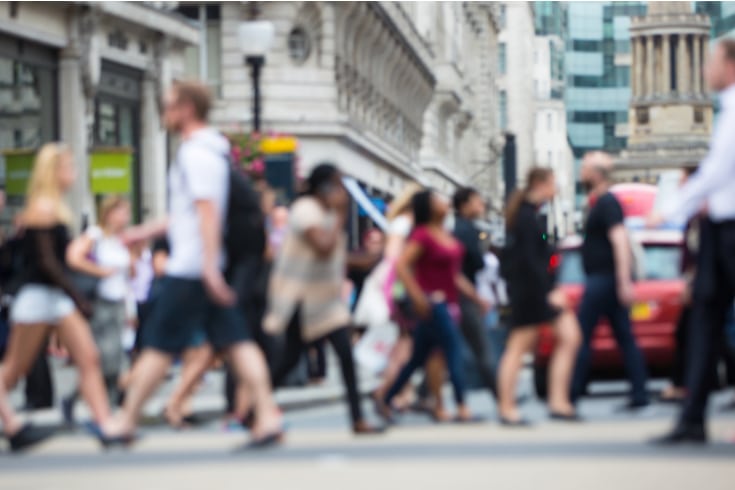
Portrait rights refer to the right not to have one’s appearance or likeness photographed or published without consent.
It is important to be cautious as if the infringement of portrait rights is recognized, the victim may potentially claim for damages.
The determination of whether there has been an infringement of portrait rights requires a comprehensive consideration of various factors.
However, if you take a video in which the person filmed can be identified, or if you photograph that person as the main subject rather than just capturing them incidentally, or if an unspecified number of people can view it due to posting on social media, it could constitute an infringement of portrait rights.
Therefore, you should avoid taking photos in places where the faces of other visitors are clearly visible, or taking hidden photos, as these actions could lead to trouble.
Also, you should consider measures such as posting with mosaic processing.
Relationship with Theme Park Terms and Conditions
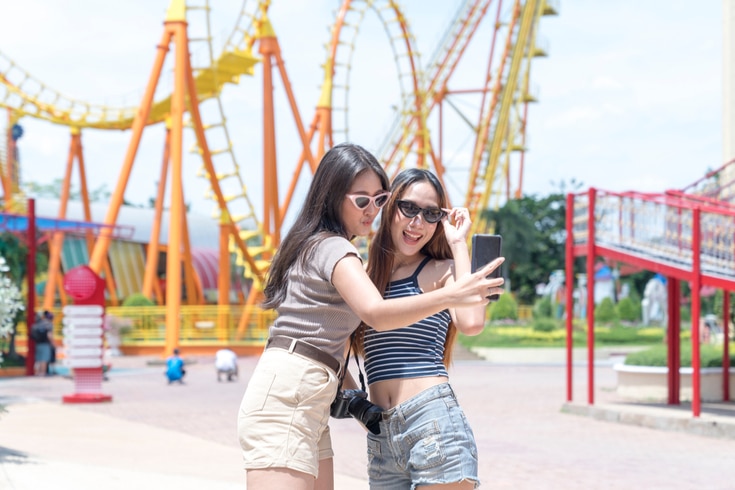
In recent years, while there has been an increase in cases of people gaining popularity by posting videos shot in theme parks on short video apps like ‘TikTok’, complaints about excessive filming within theme parks are also on the rise.
Rules regarding filming within theme parks are often set in the terms and conditions established by the theme parks themselves.
Below, we introduce the terms and conditions of Tokyo Disney Resort and Universal Studios Japan (USJ), which are representative theme parks.
About Tokyo Disney Resort’s Terms and Conditions
Tokyo Disney Resort has published ‘Requests from Tokyo Disney Resort[ja]‘, prohibiting the following actions:
We refuse the following actions.
(Excerpt)
・Commercial filming, etc.
・Filming and public transmission that inconvenience other guests
(Excerpt)
・Use of auxiliary equipment such as monopods, tripods, selfie sticks, etc., excluding handy-sized grip attachments
(Excerpt)
・Profit-making activities (except those permitted by our company.)
(Excerpt)
・Any actions that hinder the operation of Tokyo Disneyland and its related facilities
Requests from Tokyo Disney Resort[ja]
In relation to the above provisions, it is generally considered acceptable to film videos for non-commercial purposes, i.e., for private use.
However, filming or broadcasting that inconveniences other visitors, the use of auxiliary equipment such as monopods, tripods, selfie sticks, etc., and filming methods that hinder the operation of Tokyo Disneyland and its related facilities are prohibited, even for private use, so caution is necessary.
Furthermore, the above provisions prohibit unauthorized profit-making activities. Profit-making activities refer to activities aimed at gaining economic benefits, so activities such as filming for the purpose of earning revenue on YouTube may fall under this category of profit-making activities.
Regarding filming within Disney Hotels, it is stipulated as follows in ‘【Official】Accommodation Terms and Use Rules | Tokyo Disney Resort (tokyodisneyresort.jp)‘:
Please do not take photos or videos/DVDs for commercial purposes without permission in the guest rooms or on the premises. Also, even if they are privately filmed and recorded, please do not (ⅰ) post them on the Internet for commercial purposes, etc., or (ⅱ) live stream using various SNS, etc., without permission.
【Official】Accommodation Terms and Use Rules | Tokyo Disney Resort (tokyodisneyresort.jp)
Therefore, filming for commercial purposes and posting on the Internet are also prohibited under the terms of use.
About USJ’s Terms and Conditions
USJ has published ‘Rules and Manners | Universal Studios Japan | USJ‘, and has set the following provisions related to filming within the theme park:
To ensure that all our guests can enjoy the park comfortably, we have set some restrictions on filming.
Rules and Manners | Universal Studios Japan | USJ
・Filming during attraction rides for accident prevention
・Filming of quiz content, answers, etc. that lead to spoilers
・Filming using flash in places where flash photography is prohibited due to effects on production or entertainer safety
・Filming in non-public areas (construction or renovation areas, etc.)
・Filming for commercial purposes that leads to copyright infringement
・LIVE (live) broadcasting or similar filming
・Filming activities that involve calling out to an unspecified number of guests and cause inconvenience to other guests
The above are examples. If it is judged to be a nuisance to other guests, if there is a risk of facility damage, if the safety of the crew and entertainers is prioritized, filming may be asked to stop at the crew’s discretion.
We ask for your understanding and cooperation.
In USJ’s provisions, filming for commercial purposes that leads to copyright infringement and filming that causes inconvenience to other guests are also prohibited.
Regarding the publication of videos, it is stipulated as follows:
Actions that are refused in the park
・Publication of filming in non-public areas (construction or renovation areas, etc.) on SNS, etc.
Rules and Manners | Universal Studios Japan | USJ
Therefore, posting of filmed videos, especially in non-public areas, is also prohibited. Although the terms and conditions do not prohibit the publication of non-private areas, as already mentioned, it is important not to post carelessly as it may cause legal problems.
Summary: Consult Lawyers for Legal Issues at Theme Parks
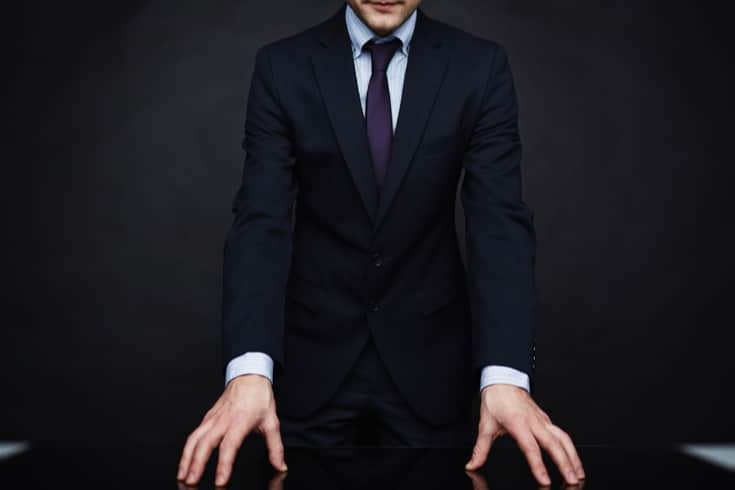
In this article, we have discussed the issues related to filming videos within theme parks.
By casually filming videos and posting them on social media platforms such as SNS in theme parks, you may be held liable for damages or even criminal liability, depending on the case.
Therefore, it is necessary to pay close attention to whether you are infringing on copyrights or portrait rights, and whether you are not violating the prohibitions stipulated in the terms and conditions set by the theme park.
If you need more specific advice tailored to your individual case, we highly recommend consulting with a specialized lawyer.
Introduction to Our Firm’s Measures
Monolith Law Office is a legal office with high expertise in both IT, particularly the internet, and law. In recent years, we have been handling many advisory cases for YouTubers and Virtual YouTubers, who are gaining popularity online. The need for legal checks in channel operations and contract-related matters is increasing. At our firm, attorneys with specialized knowledge are in charge of these measures.
Category: Internet


